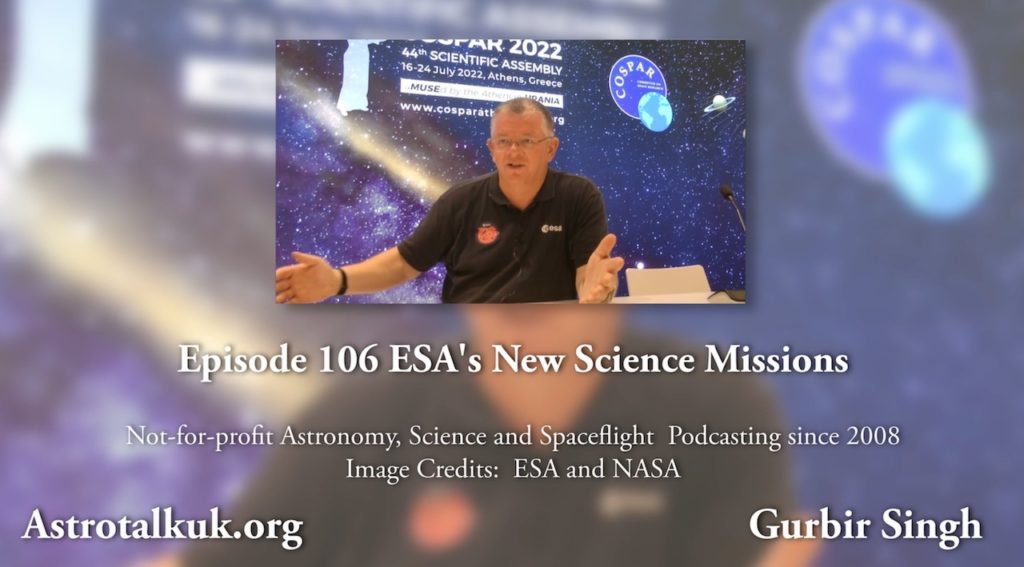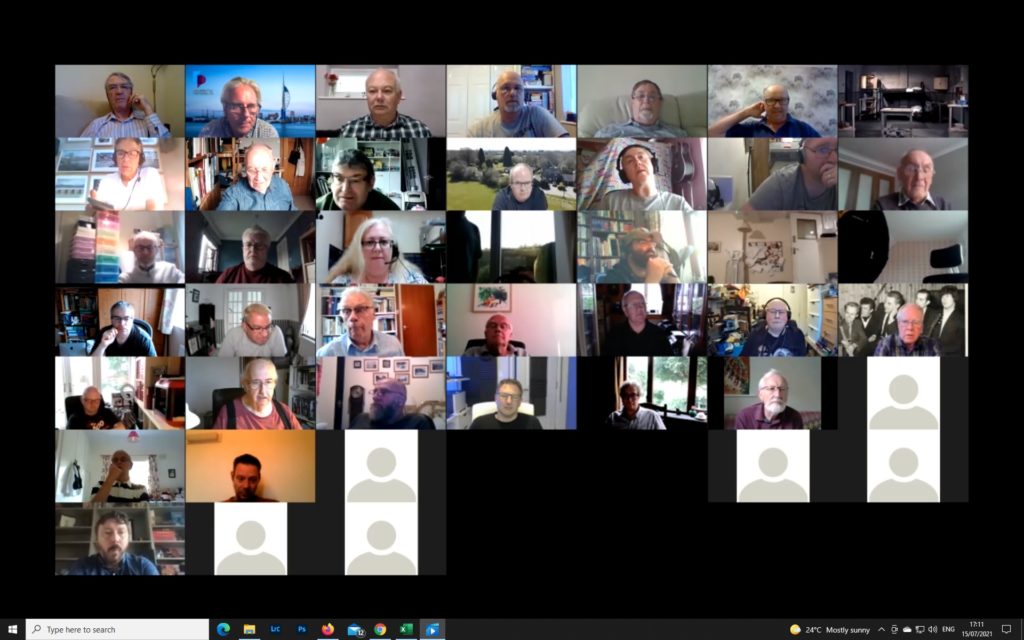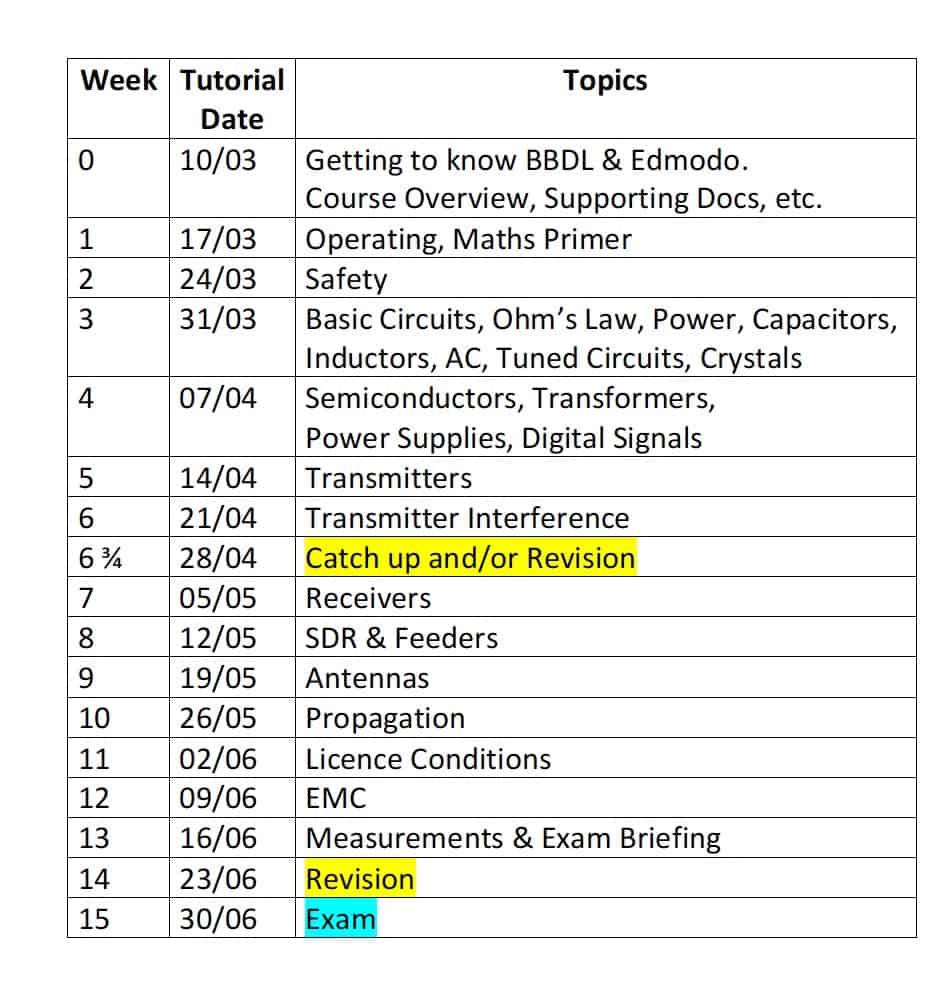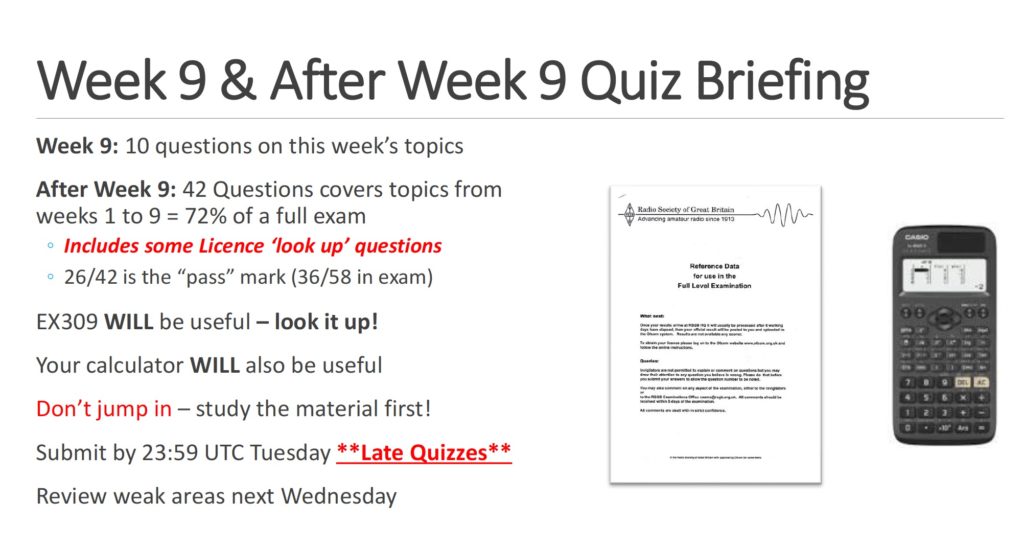
The Great Wall of China can be seen from space. Actually, it can’t but the idea that a civilisation could build something large on a planetary scale that could be detected from interstellar distances was articulated first by author Olaf Stapledon in 1937 and popularised by Freeman Dyson in the 1960s. Known today as a Dyson Sphere, it is a megastructure built by an alien intelligence that captures almost all the energy emitted by its star. In this episode, Dr Hector Socas-Navarro explains we humans are not there yet but the increasing density of the Earth’s geosynchronous orbit will become detectable in a couple of centuries.
So not yet a Dyson sphere but a ring or a belt, he calls the Clarke-Exobelt may allow alien civilisations to detect humanity’s presence over interstellar distances. In this episode, we discuss the opportunities for SETI to detect artificial structures like this at interstellar distances using the JWST and very large Earth-based telescopes coming online soon.
Links to the resources we discuss are on the episode webpage
Podcast – Museum of Science and the Cosmos of Tenerife
NASA Technosignatures: “Moderately advanced” technologies in transit. Youtube video
Instituto de Astrofísica de Canarias
Museum of Tenerife
Scientific papers
- Concepts for future missions to search for technosignatures
- Possible Photometric Signatures of Moderately Advanced Civilizations: The Clarke Exobelt
- Further support and a candidate location for Planet 9
Podcast: Play in new window | Download (Duration: 40:25 — 92.5MB) | Embed





